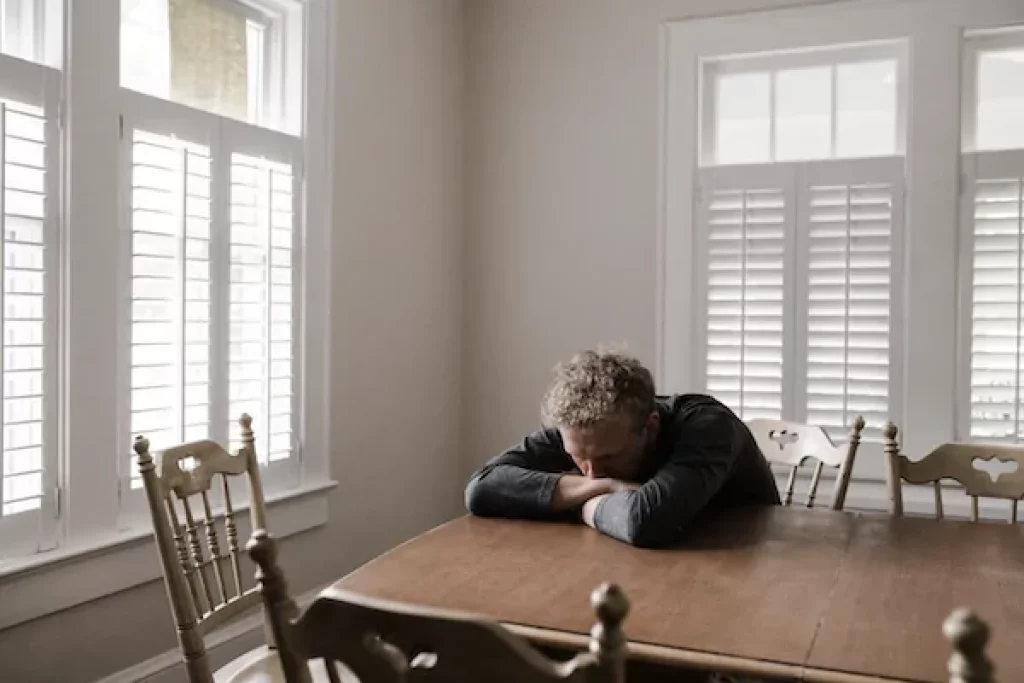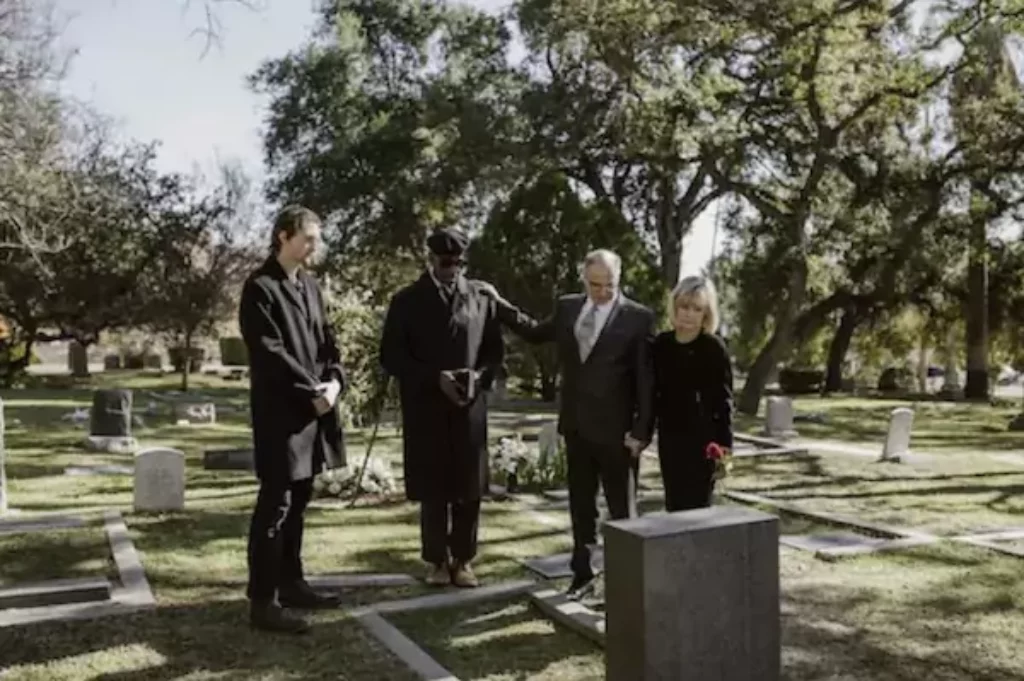What Are The Obligations And Responsibilities Of Family Members When A Loved One Passes Away?

When a loved one passes away, everything that is to follow will most likely come as a big burden and obligation. However, it is very important to have a clear plan and deal with these next steps properly. There are many things to take into consideration, such as funeral arrangements and settling the estate. This can be especially daunting for family members who live far away. In this blog post, we will discuss the obligations and responsibilities of family members when a loved one dies. We will also provide some tips on how to make this difficult time a little bit easier.

What should a family do in case a loved one passes?
The passing of our loved ones is not something we like to think about, but it is important to be prepared. While the death of someone very close to us can leave us feeling lost and confused, there are some practical steps that need to be taken in order to ensure everything is taken care of. From choosing between the various types of mausoleums for our loved ones to making sure their final resting place is one that everyone can visit, there are a number of things to consider. Of course, when it comes to funeral arrangements, it is important to respect the wishes of the deceased. However, if you are unsure of what these wishes are, there are still some basic steps that need to be taken.
Contacting the funeral home
They will be able to help you with all of the necessary arrangements. This includes choosing a casket or urn, as well as selecting a burial plot or mausoleum. The funeral home will also be able to provide you with information on the different types of funeral services that are available. When it comes to choosing a casket, it is important to consider the budget as well as the personal preferences of the deceased. If you are unsure of what type of urn to choose, the funeral director will be able to help you select one that is appropriate.
Selecting a burial plot or mausoleum
This can be either a burial plot or a mausoleum. If you are opting for a burial, you will need to purchase a casket and arrange for transportation to the cemetery. Mausoleums, on the other hand, do not require the purchase of a casket. Instead, the urn is placed directly into the mausoleum. When choosing a final resting place, it is important to consider the wishes of the deceased as well as the budget.
Arranging for the body to be transported
This can be done by either the funeral home or a private company. If you are opting for burial, the body will need to be transported to the cemetery in a hearse. If you are choosing a mausoleum, the urn can be transported directly to the mausoleum. It is important to make sure that the body is properly prepared for transport. This includes ensuring that the casket or urn is securely closed and that all personal belongings have been removed from the pockets.
Making funeral arrangements
This includes choosing the date, time, and location of the service. It is also important to decide who will be giving the eulogy and what type of music will be played. In addition, you will need to choose whether or not you would like to have a viewing. If you have a viewing, you will need to arrange for a casket or urn to be present.

Ordering a death certificate
This is an important legal document that will be needed in order to settle the estate. The death certificate can be ordered from the county clerk or online. A death certificate is typically needed in order to transfer property, close accounts, and file for life insurance benefits. Furthermore, a death certificate may be required in order to claim certain government benefits.
Settling the estate
This includes paying debts, transferring property, and distributing assets. In order to settle the estate, you will need to obtain a copy of the death certificate. You will also need to contact the deceased’s creditors and arrange for payment. If the deceased had any assets, these would need to be distributed in accordance with their wishes.
Closing bank accounts and credit cards of the deceased
This includes joint accounts as well as individual accounts. In order to close the accounts, you will need to provide the financial institution with a copy of the death certificate. You may also need to provide a copy of the will if one exists. In addition, you will need to provide the financial institution with the contact information for the executor of the estate.
Notifying government agencies
This includes the Social Security Administration, the Department of Veterans Affairs, and the Internal Revenue Service. You will need to provide these agencies with a copy of the death certificate in order to cancel benefits. In addition, you may need to provide these agencies with the contact information for the executor of the estate.
Notifying insurance companies and pension providers
This includes life insurance, health insurance, and auto insurance. You will need to provide the insurer with a copy of the death certificate in order to cancel the policy. In addition, you may need to provide the insurer with the contact information for the executor of the estate. When it comes to pension benefits, you will need to contact the pension provider to determine what steps need to be taken in order to claim these benefits.
Arranging for bills to be paid
This includes utilities, mortgage, and credit card bills. In order to have the bills paid, you will need to provide the company with the contact information for the executor of the estate. Many people seem to overlook this important task, and as a result, the bills go unpaid, and the estate is left with a large debt.
There are many obligations and responsibilities that come with the death of a loved one. It is important to be prepared for these tasks in order to ensure that the estate is properly settled and the deceased’s wishes are carried out. Moreover, it is important to notify the appropriate government agencies and financial institutions in order to cancel benefits and close accounts. Lastly, don’t forget to arrange for bills to be paid so that the estate is not left with a large debt.

